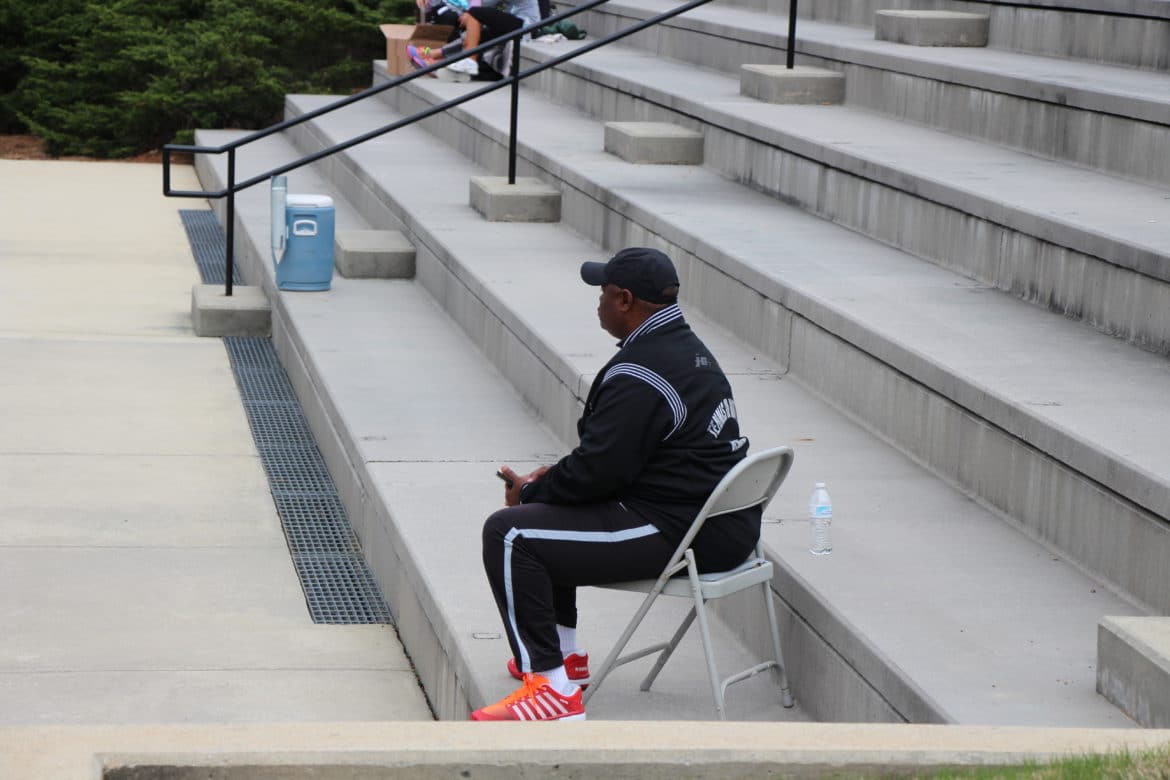It’s not always in the coaches’ box on a stadium court, but in a players mind their coach’s seat is usually the most important one in the crowd. A coach’s role during matches is pivotal. Though they are not allowed to coach from the sidelines, the coach often plays a crucial part in the result of the match. Of course coaches never actually hit a ball during their players match and some would argue their presence has very little influence on what transpires inside the white lines. But most players would agree that the sideline actions of their coach do in fact have a significant impact on the outcome.
Why is the coach important during matches?
Anybody who has watched a tennis match has seen that players frequently communicate with their support team. Most look for encouragement and belief while others blow off steam using the coach as a punching bag.
KNOW YOUR PLAYER
In coaching, knowing your player is essential. During matches it is imperative that coaches support their player in ways that work for them. Be adaptable. A coach’s personal preference in the way they like to support their charge may actually do more harm than good. Talk to your player about where they like you to sit (in matches that do not have an assigned coach seat). Preparation is the key to success. Before your new player contests their first match be sure to ask them how to support them during battle.
Believe it or not, there are some players who like their coach to sit silently beside the court. Fist pumps may be in or out and some players want their coach to stand up and clap after every single point. Go into the match with a supporting game plan. Listen to the player. After all when it is match time it’s all about them.
PAY ATTENTION
Just like texting and driving, messages can wait. It might only take 2 seconds to fire off a response but in the moment that a coach puts their head down to press send might be the turning point in a match. If a player looks to their coach for support and they are unable to make eye contact, it can have quite a large emotional effect of the player’s mentality. If they player hates it when their coach speaks to people during the match DON’T DO IT. Support teams should bring everything they need to the match including, hats, sunscreen water and food. Be sure to go to the bathroom before play starts and the last thing players want to see is their coach leaving during the match.
The most important seat in the crown belongs to a supportive coach. Match time is all about the player no matter how unnecessary it may seem. Listen carefully to what works for the player. Match time is their time and a time that a well-prepared coach can make a huge difference.

